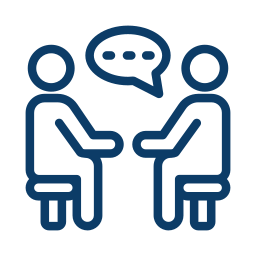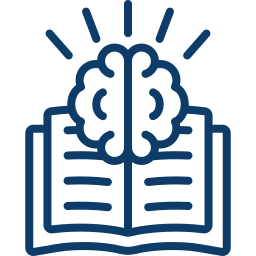Features of Cognitive Behavioral Therapy
Moving on from addiction is a challenging process that often involves multiple treatment modalities to ensure success. Cognitive behavioral therapy or CBT is one of the more effective forms of psychotherapy used in addiction treatment. The goal of CBT is to help the patient identify problematic behaviors like substance abuse and apply new skills that will help them cope with problems without using. By unearthing the reasons behind the compulsion to use, patients learn to modify their thinking patterns and find healthy ways to deal with cravings and prevent relapse.
There are two basic components of CBT:

Functional Analysis
This portion of CBT involves the patient and therapist working together to determine thoughts, feelings and circumstances that occur prior to substance use. The goal of this step is to identify choices and risky behaviors that could lead to a relapse during the recovery process. Patients learn how to recognize possible triggers and avoid risky situations, which help them remain on track, even during the early days of recovery.

Skills Training
Destructive habits that were identified during functional analysis are now replaced with new skills. Effective strategies are learned to help the patient cope with challenges in a healthy manner, without turning back to using as a means of managing stress.
Benefits of Cognitive Behavioral Therapy
CBT offers a number of potential benefits to patients in recovery:
Short Term
CBT typically takes 12-16 weeks to complete, making it a short-term option to many therapies that can go on for years. Both the patient and therapist know there is an end to the therapy, so focus is on a final goal.
Flexible
CBT can be administered in nearly any type of setting. It works equally well in both inpatient and outpatient settings and can be structured for both individual and group therapy.
Practical
The skills learned in CBT will benefit the patient far beyond addiction treatment. CBT has been shown to help patients develop more positive thought patterns, enhance self-esteem, and resist peer pressure more effectively.
Effective
CBT has been used for many years, so it has a track record of success. The effectiveness of the therapy has been demonstrated through empirical evidence and clinical trials.
Compatible
CBT can be used alone or in combination with other therapies to provide the greatest benefit to the patient. CBT is an effective modality to use with pharmacotherapy, 12-step groups and other types of counseling and therapy.
CBT is an effective modality for many patients in recovery and is available at West Coast Recovery Centers. To learn more about this type of therapy or other options in addiction treatment, contact West Coast Recovery Centers at 1-855-927-2687.
We work with most major insurance companies on an in-network basis.
